The Age of Exploration came about due to the fall of Constantinople in 1453, which would shut down the Silk Road that Marco Polo had talked about and would accelerate the Portuguese Explorers and their discoveries.
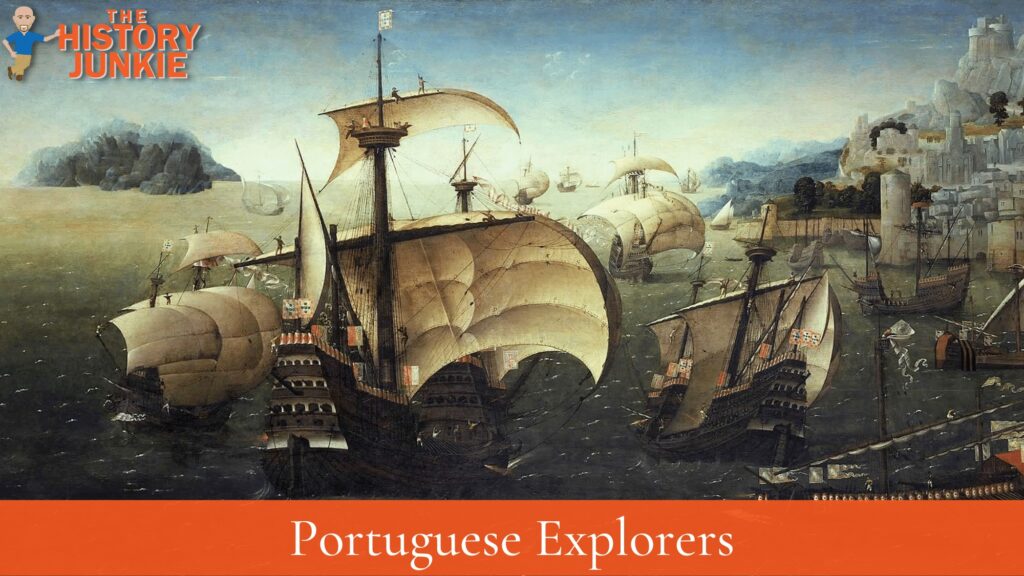
The loss of trade with the East caused many European countries to look for other options, and it seemed as if traveling the ocean would be the next best route. This would lead to a new age of Famous Explorers.
Portugal was unique in that it was a coastal nation that had begun to look for options around Africa and to engage African nations in trade.
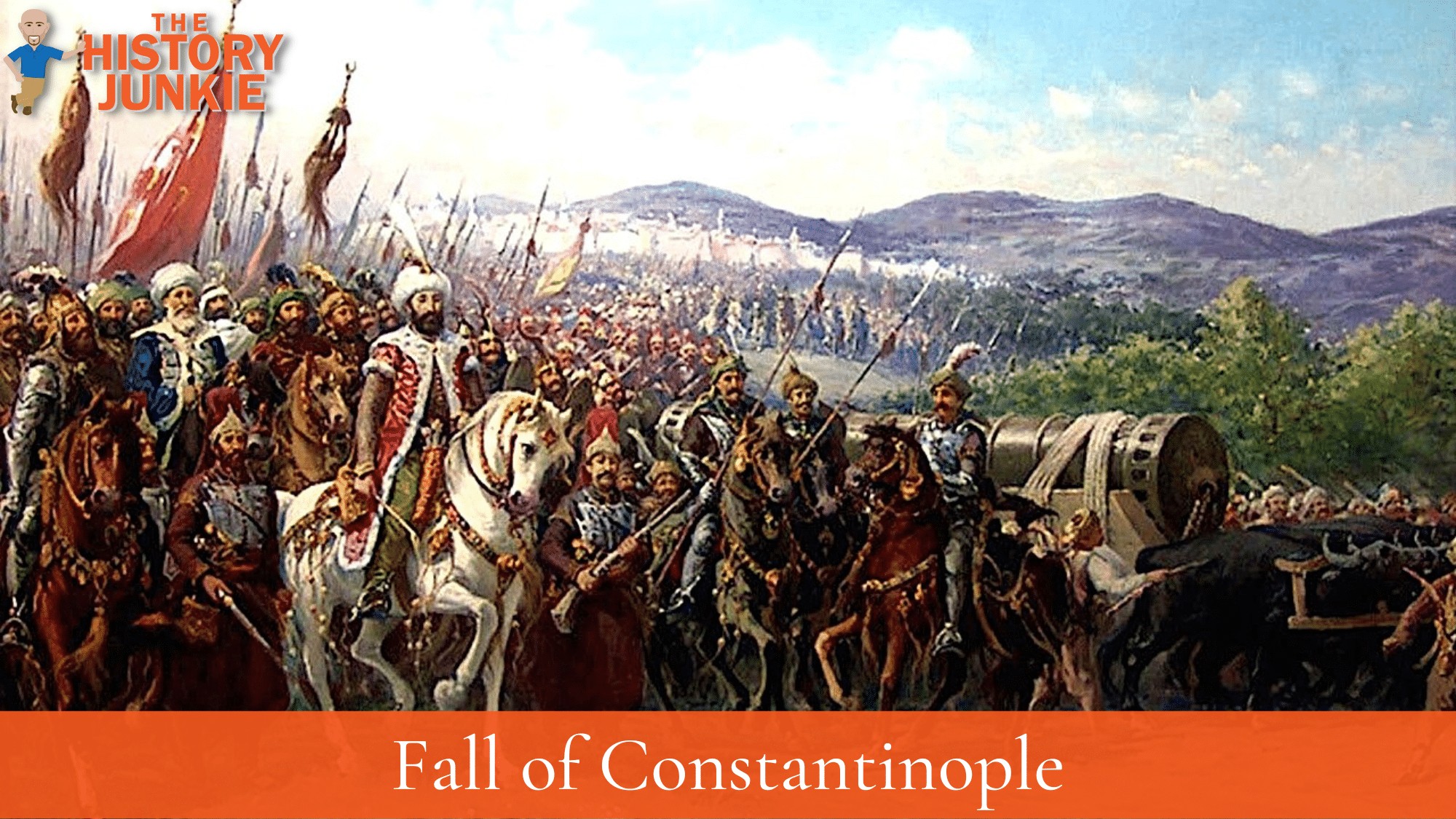
Portuguese History That Led Up To The Portuguese Explorers
After the fall of the Visigothic Kingdom in 711, most of the Iberian Peninsula was in Muslim hands.
This would lead to the Reconquista of the Iberian Peninsula that would begin in 722 A.D and end in 1492 A.D when Ferdinand of Aragon drove the remaining Muslims out of Granada.
Afonso Henriques would lead a crusade to drive the Moors out of the Country of Portugal. He was successful and named himself the first King of Portugal.
This resulted in him and his Cousin, Alfonso VII of Leon, fighting amongst themselves. The two agreed to the Treaty of Zamora, in which the Kingdom of Leon viewed the Kingdom of Portugal as a sovereign nation.
Afonso III would drive the remaining Moors out of Portugal and sign a treaty with the Kingdom of Castile in 1267 that established the borders of Portugal. Upon this conquest, Portugal would become the first kingdom in Europe to drive out the Moors completely.
Afonso III's successor, Dinis, was the first King of Portugal who focused primarily on economic issues rather than military conquests. His reign would create much economic success and laid the groundwork for the first Portuguese Navy.
King Dinis founded the navy in order to protect Portugal from pirate attacks, but he was essentially laying the groundwork for the Portuguese empire. King Dinis sought peace during a time of war, and with the exception of one outbreak with Castile, he was successful.
This reign of peace allowed Portugal to focus on its economy rather than its military. The result was a surge of cultural or middle-class reforms that were ahead of their time.
Dinis laid the groundwork, but it was not until the reign of Afonso IV that Portugal began to explore the African coast. The first discovery was the Canary Islands, and after a short dispute with Portugal's rival Castile, Portugal controlled them.
In 1415, Ceuta was seized by the Portuguese, which secured Portuguese presence along the coast of Africa further. This gave rise to Henry the Navigator, who began to send explorers off the coast of Portugal to expand Portuguese influence.
Who Was The Most Famous Portuguese Explorer?
It depends on the country, you ask. In Portugal, it is Vasco da Gama because he was the first to connect Portugal to Asia. In Brazil, it is Pedro Alvares Cabral because he is credited with founding the country.
Was Ferdinand Magellan A Portuguese Explorer?
No, he sailed for Spain. He was born in Portugal but renounced his citizenship when King Manuel I would not support his trip to the Spice Islands.
What Did The Portuguese Discover?
They thought differently than other European nations. They focused on sailing round the tip of Africa to India and establishing trade. With the exception of Cabral, Portugal stayed focus on their goal to establish trade with Africa.
List of Portuguese Explorers
Henry The Navigator
1394 - 1460

Despite not being an actual explorer, Prince Henry played a pivotal role in the Portuguese Empire. He would send other explorers to explore the coast of Africa, and on every journey, the explorers made it further south. This would eventually culminate in Vasco da Gama's finding a route to India.
Diogo Silves
Unknown
The possible name of an obscure Portuguese explorer of the Atlantic who allegedly discovered the Azores islands in 1427. He is only known from a reference on a chart drawn by the Catalan cartographer Gabriel de Vallseca of Mallorca, dated 1439.
Joao Goncalves Zarco
1390 - 1471
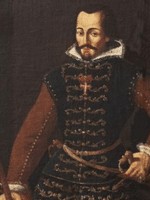
He was a Portuguese explorer who established settlements and recognition of the Madeira Islands and was appointed the first captain of Funchal by Henry the Navigator.
Tristao Vaz Teixeira
1395 - 1480
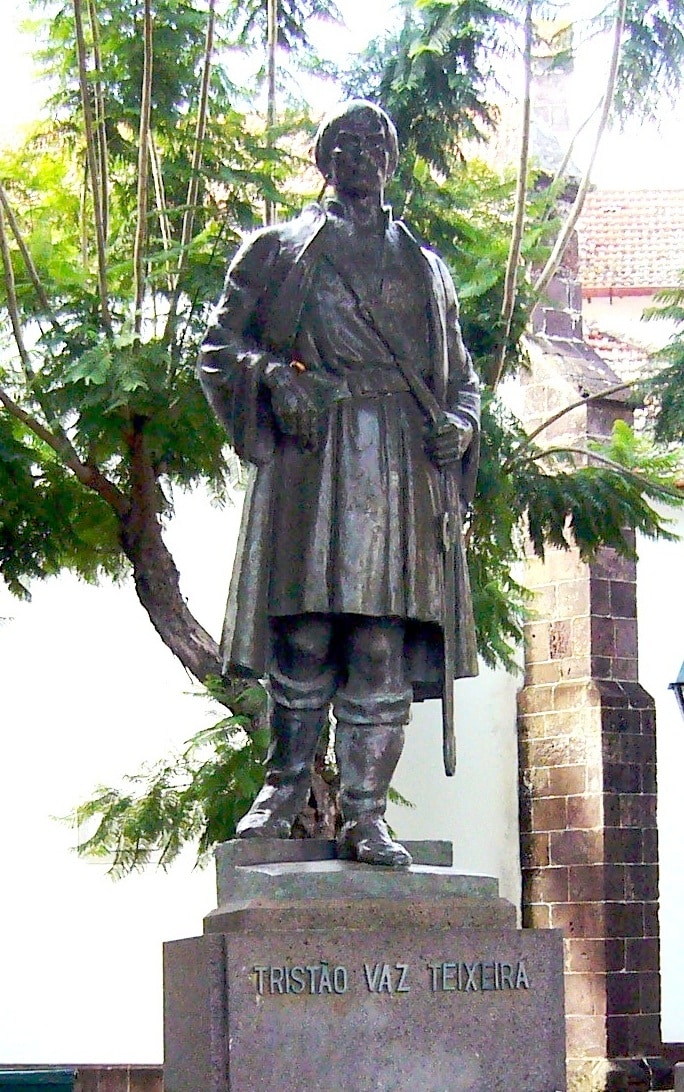
He was a Portuguese navigator and explorer who, together with João Gonçalves Zarco and Bartolomeu Perestrelo, was the official discoverer and one of the first settlers of the archipelago of Madeira.
Miguel Corte-Real
1448 - 1502
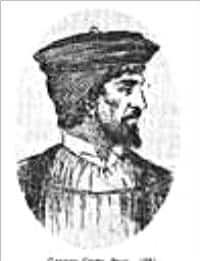
The Corte-Real family was well-known within the country of Portugal, so when his brother Gasper did not return from his voyage, Miguel would set out to find him. He would be unsuccessful in doing so and would be lost at sea.
Gasper Corte Real
1450 - 1501

He was a Portuguese explorer who, alongside his father João Vaz Corte-Real and brother Miguel, participated in various exploratory voyages sponsored by the Portuguese Crown. These voyages are said to have been some of the first to reach Newfoundland and possibly other parts of eastern Canada.
Diogo Cao
1452 - 1486

He was a Portuguese explorer and one of the most notable navigators of the Age of Exploration. He made two voyages sailing along the west coast of Africa in the 1480s, exploring the Congo River and the coasts of present-day Angola and Namibia
Bartolomeu Dias
1450 - 1500
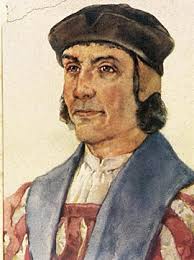
He was the first explorer to reach the southern tip of Africa. He would nickname the southern tip the Cape of Storms, which would later be known as the Cape of Good Hope. He served with Vasco da Gama and Pedro Alvares Cabral in pivotal moments. Ironically, he would die in a storm at the Cape of Good Hope.
Vasco da Gama
1460 - 1524
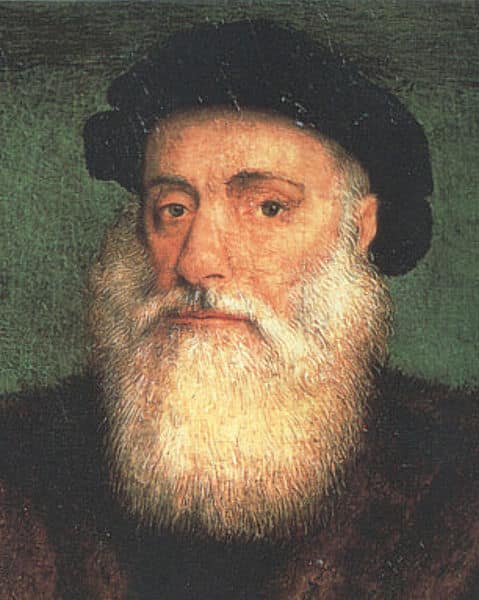
The most famous Portuguese Explorer was Vasco da Gama. He would become the first European to round the tip of Africa and reach India. His accomplishments would expand the Portuguese Empire that Prince Henry had already started. He was known for his ability to use politics and power effectively to establish Portuguese trade in the Indian Ocean.
Pedro Alvares Cabral
1467 - 1520
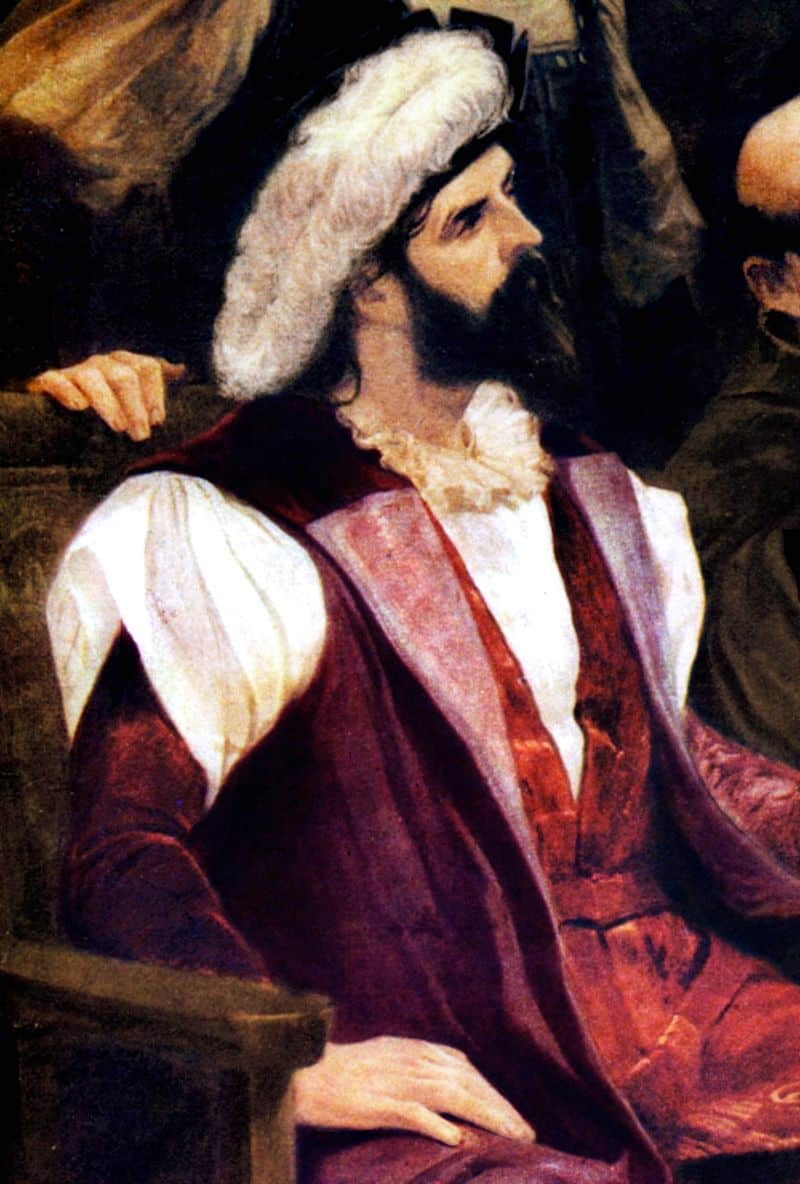
Known as the explorer who discovered and found Brazil. While his popularity in Portugal is not as great as Henry the Navigator or Vasco da Gama, his popularity in Brazil is tremendous. Cabral was the first explorer to touch the ground on four continents: Europe, Africa, Asia, and South America.
